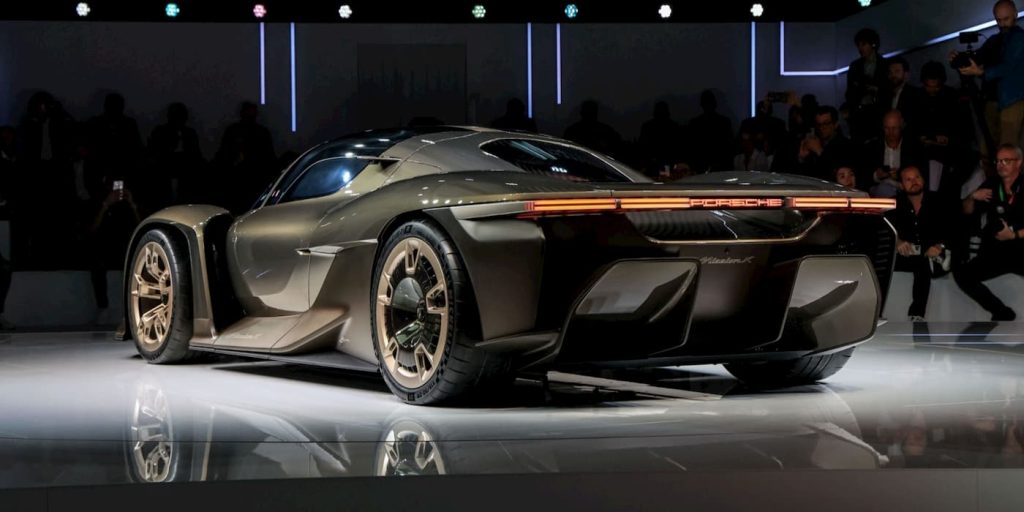
Porsche promises the Boxster and Cayman EVs will deliver that “real sports car feeling” with advanced new tech. The upcoming electric sports cars will feature superior performance, braking, and handling with DNA from Porsche’s title-winning Formula E team.
Although Porsche is backtracking on its goal of an 80% EV sales share of global output by 2030, the sports car maker is ensuring its upcoming electric models will deliver the true Porsche driving experience.
After the Taycan and recently launched electric Macan, Porsche will introduce the 718 Boxster and Cayman EVs. The two new EV sports cars are expected to be launched in 2025.
Despite CFO Lutz Meschke announcing that Porsche will extend gas-powered and hybrid vehicles on the company’s Q3 earnings call, the upcoming Boxster and Cayman EVs still look to be on track to hit the market next year.
The electric sports cars have been spotted testing before their official debut several times. You can see the Boxster and Cayman EVs closely resemble the ICE-powered models, but they will be underpinned by Porsche’s new SSP Sport platform.

Porsche first previewed the new drivetrain in the Mission R electric sports car concept in 2021 and then again in the Mission X last year. One of the most significant changes is the location of the battery pack.
Instead of laying flat like in most EVs, the battery will sit behind the driver, similar to the engine on the current 718 vehicles, but that’s not all.

Porsche Boxster and Cayman EVs will be true sports cars
Porsche R&D head Michael Steiner, explained in an interview with Autocar how the company would pull elements from its title-winning Formula E team. Porsche’s team recently won the ABB FIA Fomula E World Championship, now it will use its learnings in its upcoming EVs.
“Motorsport has always been within our brand core,” Steiner said. Porsche’s R&D chief explained, “Importantly, on-the-road e-mobility is also an efficiency formula, because when you save on energy, you can win in weight, win in range or win in material cost.”

However, Steiner added that effiency is only a part of it, software and braking are also key focuses. He explained that “Fast straight-line acceleration could be done by more or less anybody. But the brake pedal – the feel on the brakes and good handling in corners.” According to Steiner, “That’s something we’ve learned in Formula E.”
Porsche will also only offer limited brake regeneration. Steiner said, “Our strategy is not one pedal drive,” as the sports car maker aims to preserve its signature sports car drive.

Steiner added that the battery location puts “the center of gravity as close to the driver as possible, so the car around them is really flexible and agile. “
“You sit close to the road, so it’s a huge advantage over [a platform where] you sit on top of the battery. It’s a real sports car feeling.”
After driving a prototype of the Boxster EV, Steiner said, “It’s really great.” Adding the center of gravity gives drivers more control and stability.
The drop-top model is “a new experience” with virtually no engine noise, you can hear and smell everything around you. According to Steiner, the upcoming Porsche Boxster and Cayman EVs “will be a package worth waiting for.”
